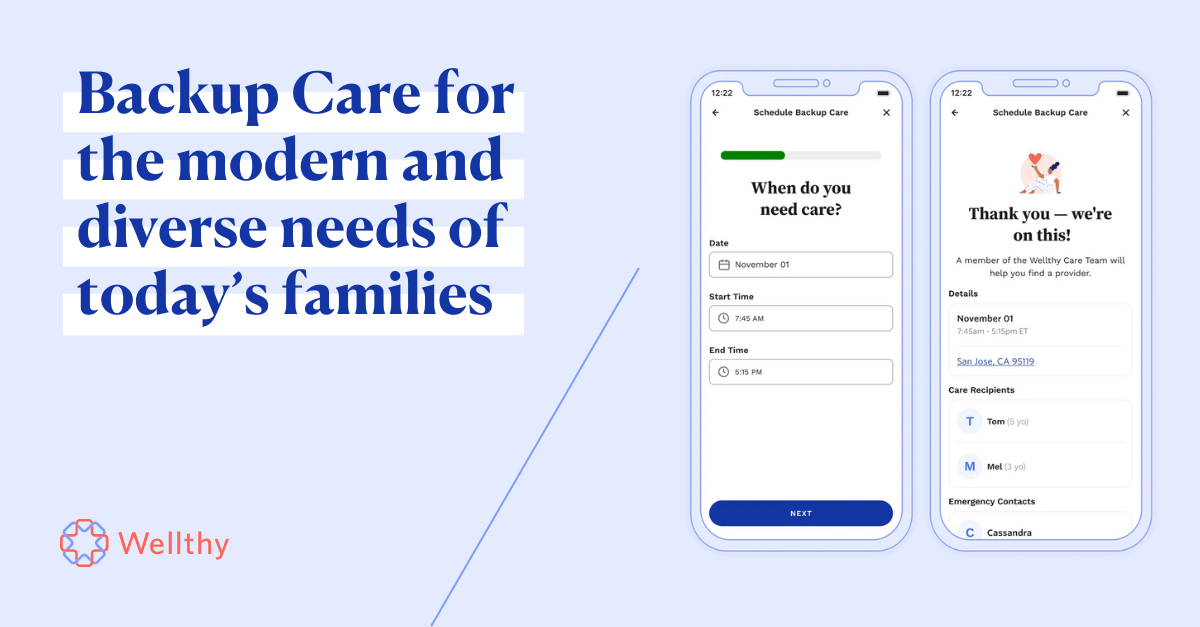Learning that someone you love has just received a difficult diagnosis is never easy. It’s hard enough to process the new diagnosis, let alone next steps. And you may quickly find yourself intimately involved in their care, and called upon to handle critical decisions or care tasks. Unsure of where to start? Our Care Coordinators have put together a few tips and recommendations on where to begin.
Get organized
Gather important paperwork and set up the necessary legal and financial documents if necessary. Be sure to store this info for easy access, and make sure that at least one person knows where to find this info.
- Insurance cards
- Medical records
- Contact list
- Medication list
- Will
- Living Will
- Power Attorney
- Healthcare Proxy
Be informed
Learn about the disease or condition, and all it entails. Medical terminology can be intimidating, so speak up about unfamiliar terms. Sometimes we forget to ask “what does that mean?” Asking for clarity will allow you and your family to feel confident in what’s going on.
- Understand treatment options
- Be aware of potential side-effects
- Identify potential impacts on daily life
- Assess care needs (full in-home care, physical therapy, counseling, etc.)
Take care of yourself
Caring for a loved one is rewarding but also stressful, even for the most resilient people. It often comes with exhaustion, worry, and stress - potentially leading to caregiver burnout. Don’t forget to look after your own needs!
- Eat well and drink lots of water
- Meditate, exercise, and get plenty of rest
- Join a support group or consider counseling
- Look into respite care options
Ask for help
Lean on other family members and/or support systems. Allowing others to help can take some of the pressure off and allow you to also care for yourself. People want to help, so don’t be afraid to lean on others for additional support.
- Hold regular family meetings
- Delegate daily activities and chores
- Tap into local resources and programs
- Lean on any company benefits your employer offers, like Wellthy







